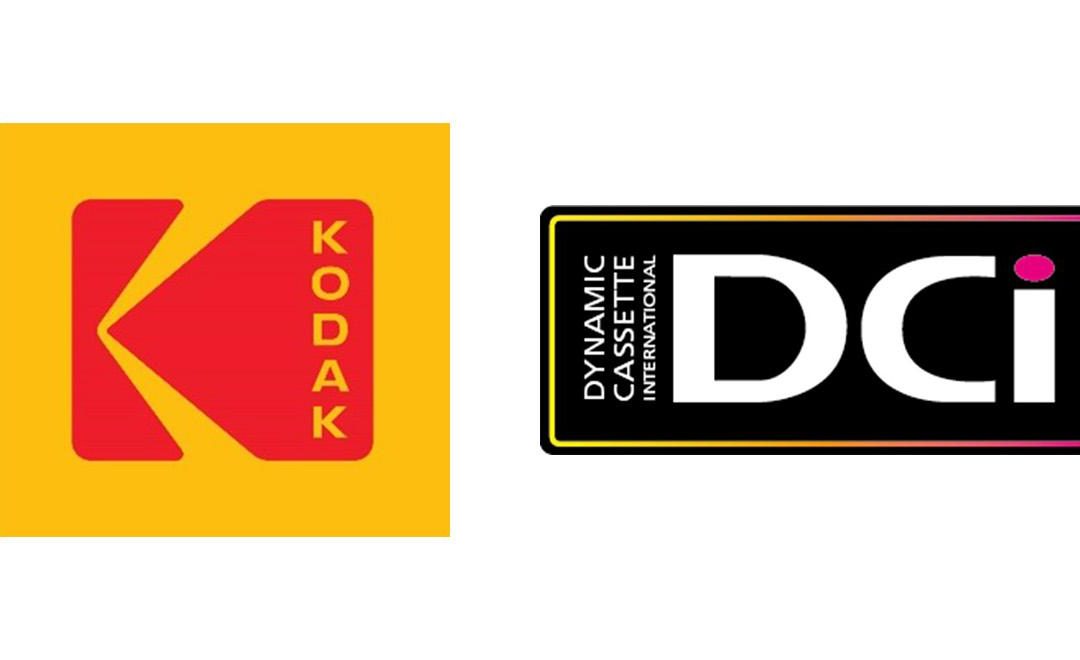Amazon announced the expansion of Transparency in Europe, India and Canada, a product serialisation service that promises to prevent the sale of counterfeit products at scale on its site.
Amazon announced the expansion of Transparency, its product serialisation service, to France, Germany, Italy, Spain, U.K., India, and Canada.
When brands use Transparency to apply unique codes to their products, customers, brands, Amazon, and other participants in the supply chain are able to authenticate every unit of a product, better protecting brands and customers from counterfeits at scale, Amazon explained.
Amazon added that unique serialisation for every product unit is the most effective way to tackle and prevent counterfeits throughout the supply chain, and Transparency’s geographic expansion is the latest in Amazon’s continued investment in scalable, technology-driven solutions to prevent counterfeit.
“Counterfeiting is an industry-wide concern – both online and offline. We find the most effective solutions to prevent counterfeit are based on partnerships that combine Amazon’s technology innovation with the sophisticated knowledge and capabilities of brands,” said Dharmesh Mehta, vice president, Amazon Customer Trust and Partner Support. “We created Transparency to provide brands with a simple, scalable solution that empowers brands and Amazon to authenticate products within the supply chain, stopping counterfeit before it reaches a customer.”
Transparency is a product serialisation service that provides a unique code for every unit that is manufactured. Brands put these codes on its products and every time one of these products is ordered in Amazon’s stores, Amazon scans and verifies the code to ensure only authentic units reach customers.
Additionally, customers can use a mobile app to scan the code and verify authenticity regardless of where they purchased their units. Brands can also use Transparency to communicate unique unit-level information, including manufacturing date, manufacturing place, or other enhanced product information (e.g., ingredients). More than 4,000 brands are enrolled in Transparency in the U.S., ranging from startups to Fortune 500 companies. Hundreds of brands continue to enroll into the service every month, Amazon said.
According to Amazon, these brands have generated over 300 million unique codes, allowing Amazon to proactively stop over 250,000 counterfeits of Transparency-enabled products from reaching customers and in 2019, for products fully on-boarded into the Transparency service, there have been zero reports of counterfeit from brands or customers who purchased these products on Amazon.
“Amazon’s proactive approach and investment in tools like Transparency have allowed us to grow consumer confidence in our products and prevent inauthentic product from ending up in the hands of our customers,” said Matt Petersen, Chief Executive Officer at Neato Robotics, a maker of smart robotic vacuum cleaners.
“Blocking counterfeits from the source has always been a tough task for us – it’s something all brand owners face through nearly all channels around the world,” said Bill Mei, Chief Executive Officer at Cowin, a manufacturer of noise cancelling audio devices. “After we joined Transparency, our counterfeit problem just disappeared for products protected by the program.”
Also in the news this week was that a court has ruled that Amazon lost its case in a federal appeals court which ruled that Amazon was liable for third-party seller products. Reuters reported earlier this week that’s this case might potentially mean that customers who received defective products from third-party sellers on Amazon might be eligible to sue the online marketplace.
This judgement came after several other courts felt Amazon could not be held liable for third-party seller products.
Reuters reported that Circuit Judge Jane Richards Roth said Amazon may be liable in part because its business model “enables third-party vendors to conceal themselves from the customer, leaving customers injured by defective products with no direct recourse to the third-party vendor.”
Reuters added: “The panel sent the case back to the lower court, which will have to decide whether the leash was actually defective.”










